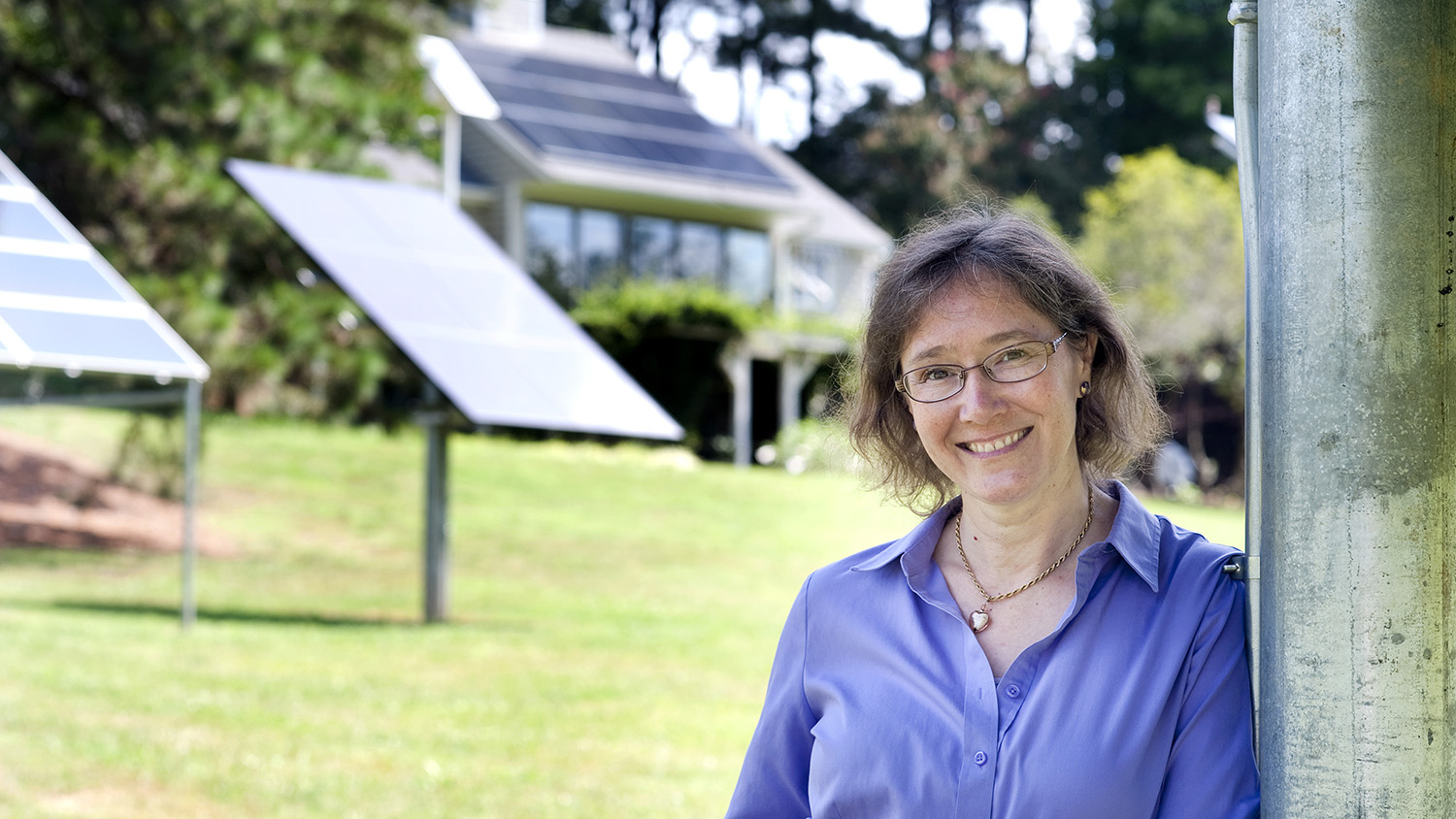Spontak selected as 2012 Lars Onsager Professor

Richard Spontak, professor of chemical and biomolecular engineering and materials science and engineering at North Carolina State University, has been selected as the 2012 recipient of the Lars Onsager Professorship from the Norwegian University of Science and Technology (NTNU).
The award gives the recipient the opportunity to spend three to six months at NTNU to build collaborations with scientists at the university, as well as the Onsager Medal. Spontak is only the second chemical engineer to be selected worldwide for the award since its inception in 1993.
Onsager was a Norwegian-American chemist and physicist who received the 1968 Nobel Prize in chemistry for his work on irreversible thermodynamics. His contributions to polymer science and other complex material systems are globally recognized and employed.
Before joining the NC State faculty in 1992, Spontak worked as a research scientist with Procter and Gamble. He has authored or co-authored more than 250 peer-reviewed publications, and his work has been featured on 18 international journal covers and one book. He is the recipient of an Alumni Outstanding Research Award, the 2007 Ernst Ruska Prize of the German Electron Microscopy Society, and the American Chemical Society’s 2006 Cooperative Research Award in Polymer Science and 2008 Chemistry of Thermoplastic Elastomers Award, as well as the 2011 Colwyn Medal for elastomer research by the Institute of Materials, Minerals and Mining. He is a Fellow of the American Physical Society and sits on several editorial advisory boards and is editor-in-chief of two. A member of the NC State Academy of Outstanding Teachers, Spontak received the College of Engineering’s 2003 Blessis Award and the 2008 University of North Carolina Board of Governors’ Award for Teaching Excellence.
Spontak earned his BS from the Pennsylvania State University in 1983 and his PhD from the University of California at Berkeley in 1988, both in chemical engineering. He then pursued post-doctoral studies in materials science and metallurgy at the University of Cambridge in England and soft matter physics at the Institute for Energy Technology in Norway. His research interests include multifunctional and nanostructured polymers, polymer morphology and phase stability, and application of microscopy techniques to polymer science and engineering.
- Categories:


